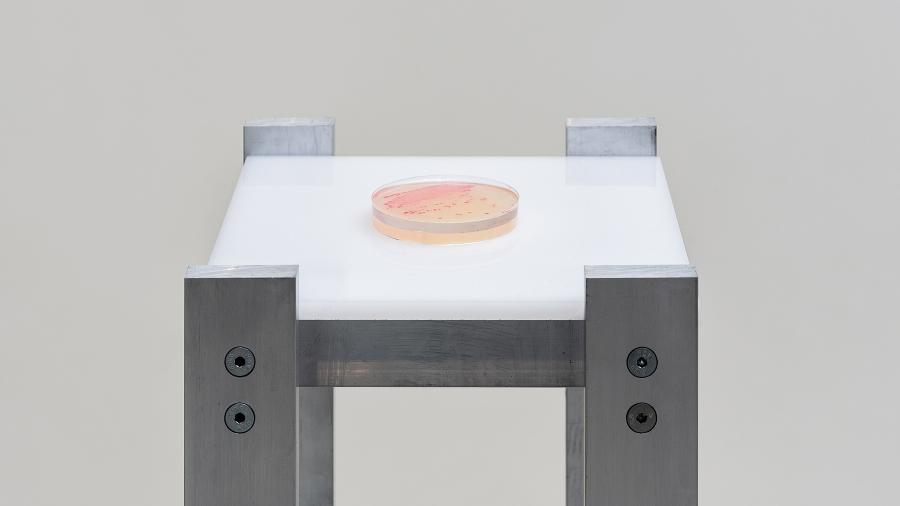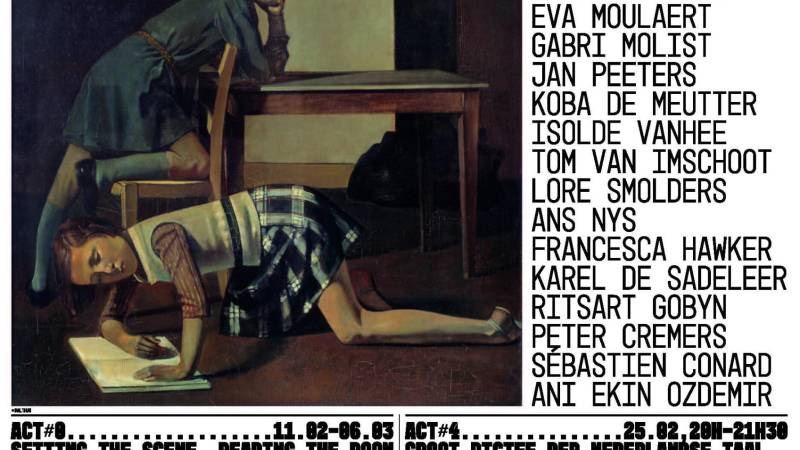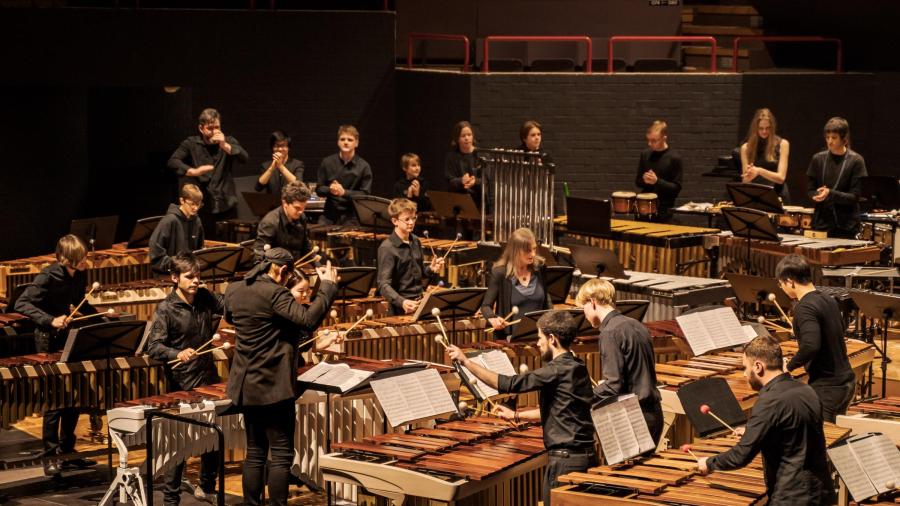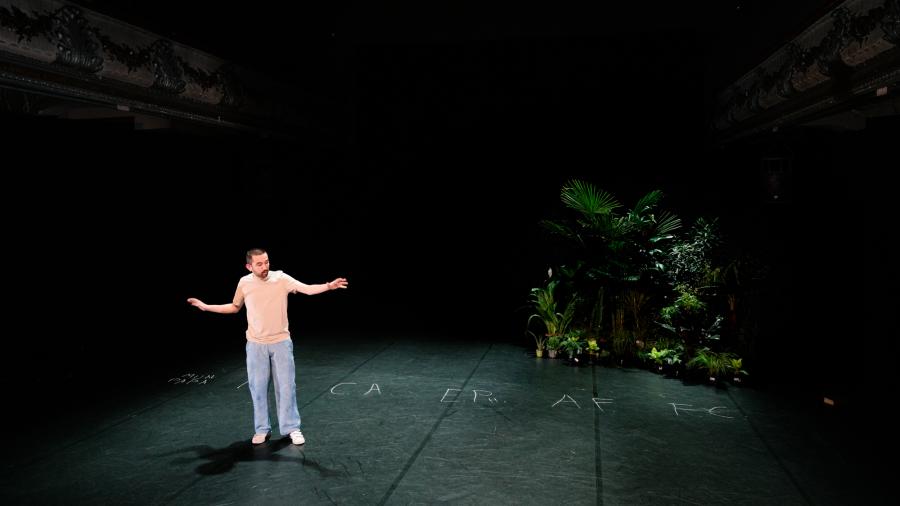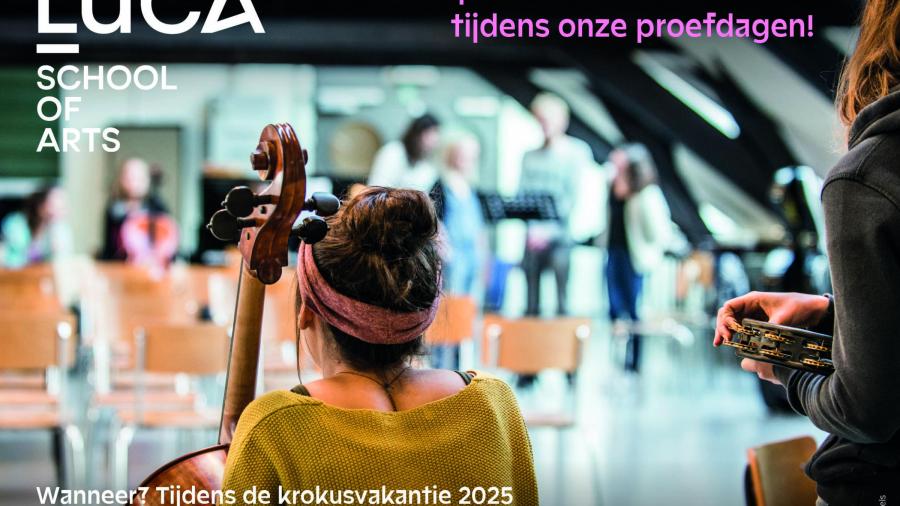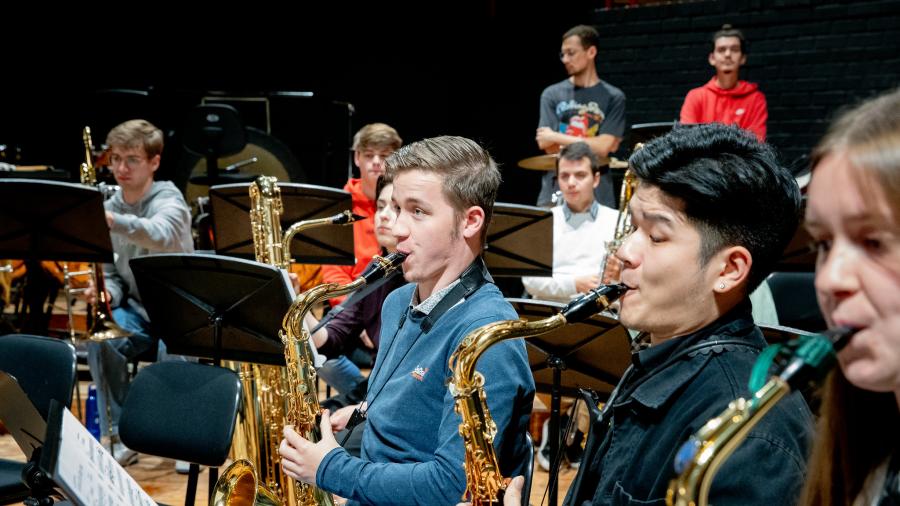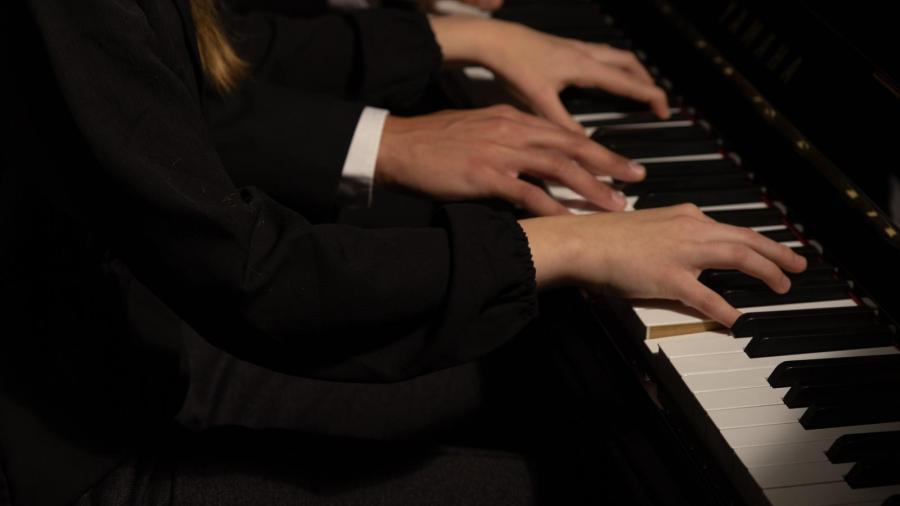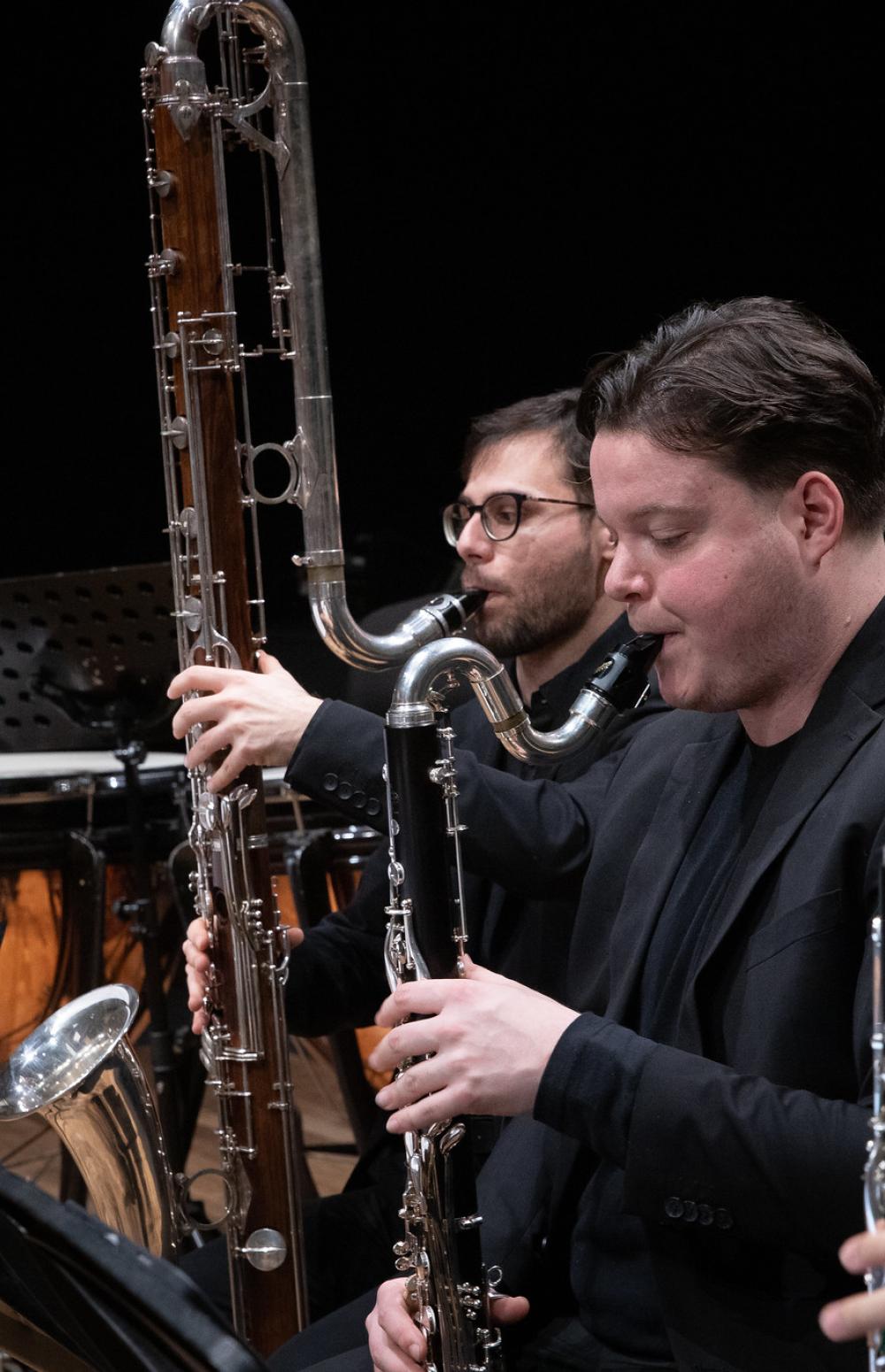
Lemmensberg 3
3000 Leuven
Chamber Music Hall
LUCA Clarinet
LUCA Clarinet
Roeland Hendrikx, conductor
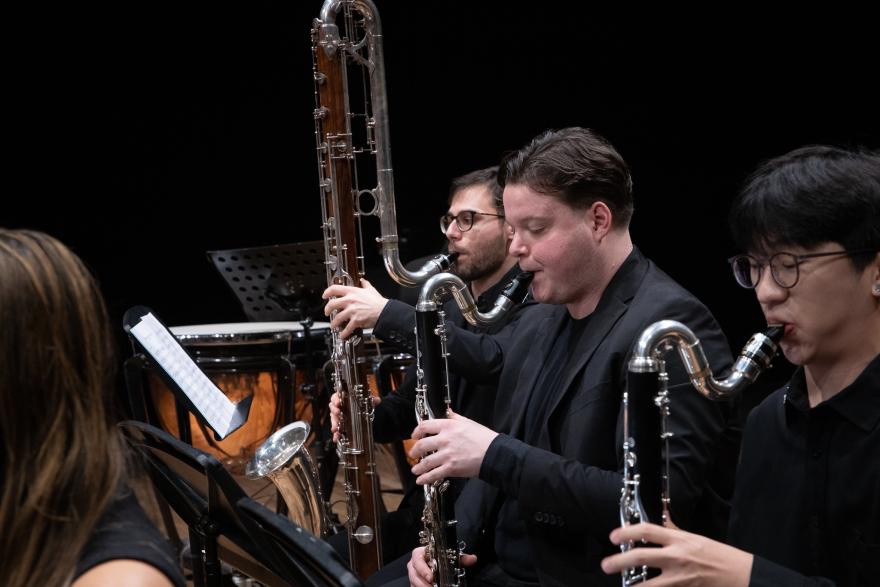
The opera William Tell (1829) by one of the most famous opera composers, Italian Gioachino Rossini (1792-1868), was created in Paris. Although Rossini was not yet forty at the time, it was to be his last opera. The opera has four acts and tells the story of William Tell or thus the legend of the Swiss freedom hero and crossbowman who, as punishment for his unwillingness to bow to the rulers of the day, shot an arrow through an apple at the head of his infant son. Although the opera is best known for its overture, the overture originated much earlier and completely outside the context of the opera. Rossini added them to his opera when he realized that otherwise he would never finish his commission in time.
With Aleksandr Borodin (1833-1887), we end up in nineteenth-century Russia. The Polovtsian dances refer to the Polovtsy, a Russian steppe people, and are part of the second act of Borodin's unfinished opera Prince Igor. When Prince Igor and his son Vladimir fall into the hands of the Polovtsian leader, Khan Konchak, the slaves perform an inciting and wild dance.
Of an entirely different order is Lux Aurumque by contemporary composer Eric Whitacre (1970). This "Christmas music" was originally written for mixed choir, but Whitacre himself arranged his piece for winds. Lux Aurumque, literally translated as "Light and Gold," recounts how the angels gently sing to the newborn Jesus.
Eugène Bozza (1905-1991), once conductor at the Opéra-Comique in Paris and director of the Valenciennes Conservatory, wrote together an impressive oeuvre that includes operas, ballets, symphonic works, choral music, but above all, chamber music works for various line-ups. Bozza's ensemble music is gallant, graceful and melodic. Lucioles is playful, exhilarating, short and powerful, in which virtuoso passages constantly succeed one another, giving the whole composition almost the character of an etude.
Within the oeuvre of Darius Milhaud (1892-1974), Scaramouche, which takes its name from the Scaramouche Theater in Paris, is undoubtedly one of his most played works. Its energetic character, powerful rhythms and accessible melodies make it a rewarding work to program, as is this version for clarinet choir. Unmistakable are the Latin American influences and the influence from jazz music.
Programme
- G. Rossini (arr. Harvey): Willem Tell Ouverture
- A. Borodin: De Polovetzer dansen
- E. Whitacre: Lux Aurumque
- Y. Tijssens: Zum Einschlafen zu sagen
- E. Bozza: Lucioles
- D. Milhaud: Scaramouche
Buy your tickets below.
Free for staff and students of LUCA/KSO

